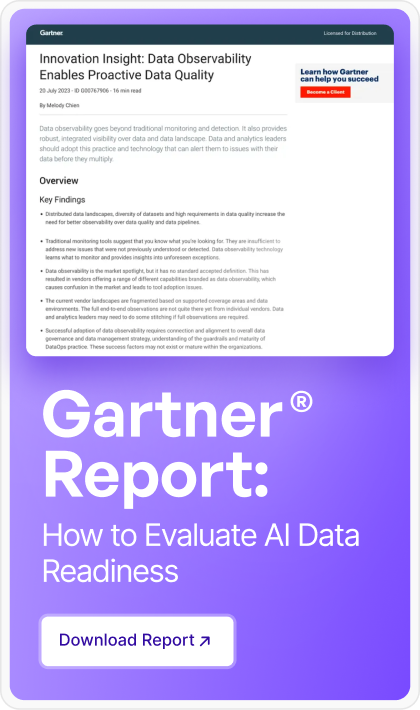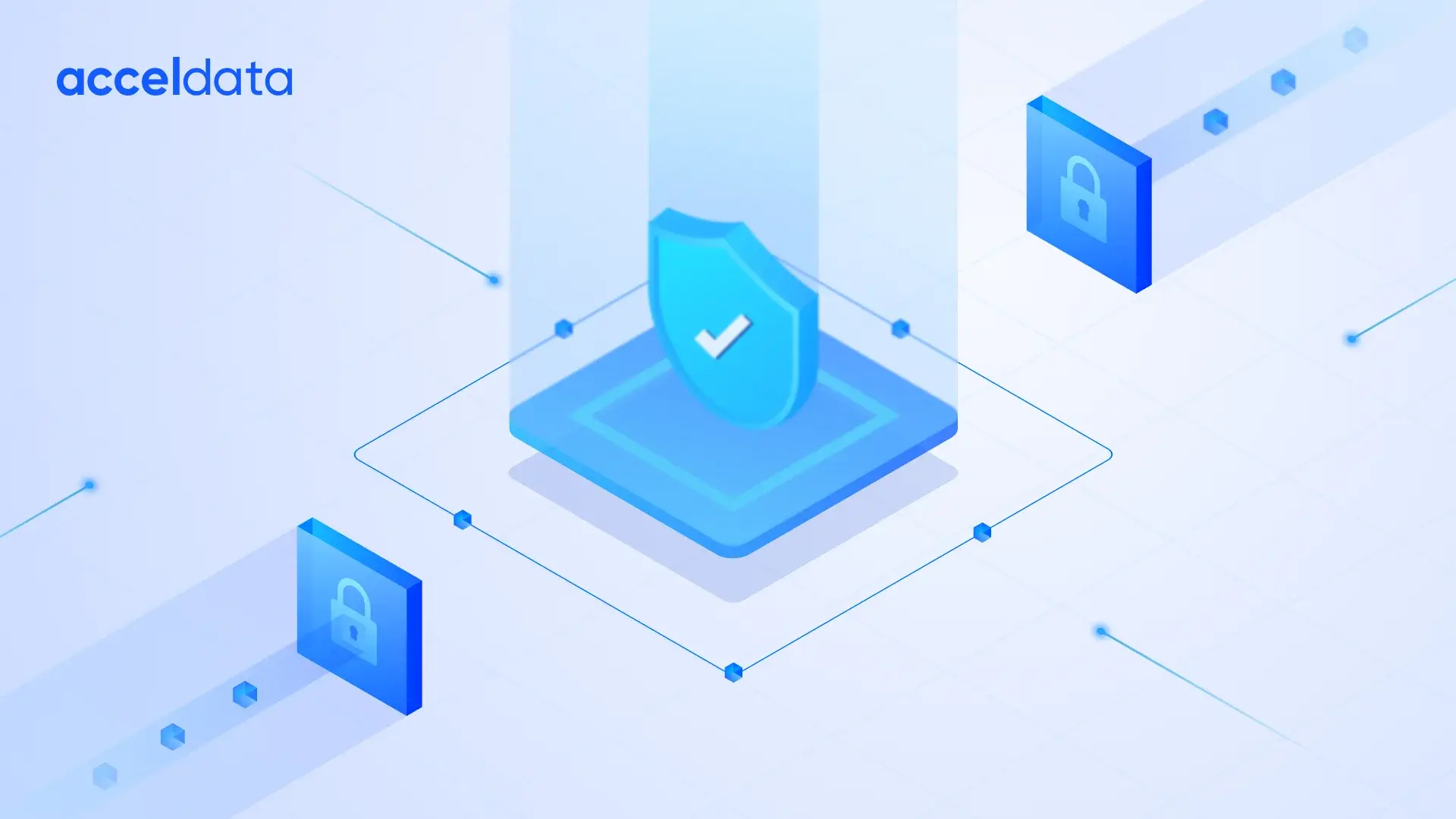In a busy urban hospital, a cardiologist reviewing a patient's electronic health record (EHR) noticed a troubling pattern—rising blood pressure and cholesterol levels despite treatment. Realizing others might be at similar risk, the doctor turned to big data analytics. By analyzing thousands of EHRs, hidden trends emerged, helping identify high-risk patients who needed urgent intervention. This isn’t just a hypothetical case—it’s the reality of how data-driven healthcare saves lives.
Apollo Hospitals has harnessed big data to enhance heart disease detection. Collaborating with Microsoft's AI Network for Healthcare, they developed an AI-powered heart risk score tailored to the Indian population. By analyzing seven years of clinical and lab data from 400,000 patients, the model identified 21 critical risk factors unique to this demographic. This initiative has doubled the accuracy of predicting coronary diseases compared to previous models, enabling early interventions and personalized treatment plans.
Understanding Big Data in the Scope of Healthcare
Big data in healthcare encompasses the vast and complex datasets generated from various sources, including EHRs, medical imaging, genomic data, wearable devices, and social media. These datasets are characterized by their volume, variety, and velocity, making traditional data management and analysis methods insufficient.
The healthcare industry generates an enormous volume of data daily, a number set to grow exponentially with advancements in genome sequencing. The Human Genome Project has paved the way for personalized medicine, enabling gene therapy and targeted drug development tailored to an individual’s genetic profile. It has also been instrumental in identifying disease-linked genetic mutations, facilitating early diagnosis, preventive measures, and more effective treatments. By 2025, an estimated 100 million to 2 billion human genomes could be sequenced, further amplifying data generation and its impact on medical research.
Some sources from where the data is generated for Healthcare analytics include:
The challenge lies in effectively integrating, analyzing, and deriving meaningful insights from these diverse and massive datasets. This is where advanced analytics tools and techniques, such as machine learning and predictive modeling, come into play.
How Big Data Contributes Towards Healthcare
Big data analytics in healthcare enables organizations to uncover hidden patterns, correlations, and insights that can drive better decision-making and improve patient outcomes. Here are some key ways big data contributes to healthcare:
- Personalized medicine: By analyzing genomic data and other patient-specific information, healthcare providers can tailor treatments to an individual's unique genetic profile, leading to more targeted and effective therapies.
- Predictive analytics: Predictive modeling techniques can identify high-risk patients for certain conditions, allowing for early intervention and preventive care. For example, analyzing EHR data can help predict which patients are most likely to be readmitted to the hospital, enabling proactive measures to reduce readmission rates.
- Population health management: Big data analytics can reveal insights into population health trends, allowing healthcare organizations to identify high-risk groups, allocate resources more effectively, and develop targeted interventions.
- Clinical decision support: By integrating big data in healthcare with clinical decision support systems, healthcare providers can access evidence-based recommendations and best practices at the point of care, improving diagnostic accuracy and treatment outcomes.
- Operational efficiency: Analyzing data on resource utilization, patient flow, and staffing levels can help healthcare organizations optimize their operations, reduce waste, and improve efficiency.
Applications of Big Data in the Healthcare Domain
Big data applications in healthcare are vast and diverse, spanning various domains and specialties. Here are some notable examples:
- Precision oncology: By analyzing genomic data and other molecular information, oncologists can identify specific cancer subtypes and develop personalized treatment plans, improving cancer patients' survival rates and quality of life.
- Chronic disease management: Healthcare analytics tools can help identify patients with chronic conditions, such as diabetes or heart disease, at risk for complications or adverse events. By proactively managing these patients, healthcare providers can prevent hospitalizations and improve long-term outcomes.
- Drug discovery and development: Pharmaceutical companies can leverage big data to identify new drug targets, optimize clinical trials, and accelerate the drug discovery process. By analyzing genomic data, researchers can identify genetic variations associated with disease susceptibility or drug response, leading to the development of more targeted therapies.
- Mental health: Predictive modeling techniques can be applied to EHR data to identify patients at risk for mental health conditions, such as depression or anxiety. By providing early intervention and support, healthcare providers can improve mental health outcomes and reduce the burden on the healthcare system.
Future Trends and Advancements
As big data in healthcare continues to evolve, several exciting trends and advancements are on the horizon:
- Artificial intelligence and machine learning: Integrating AI and ML techniques with healthcare analytics tools will enable more sophisticated and automated analysis of big data, leading to faster and more accurate insights.
- Blockchain technology: Blockchain technology can enhance data security and interoperability in healthcare, enabling secure and seamless data sharing among different stakeholders.
- Quantum computing: The advent of quantum computing has the potential to revolutionize big data analytics in healthcare by enabling the processing of massive datasets at unprecedented speeds and solving complex optimization problems.
As healthcare organizations continue to embrace big data in healthcare, it is crucial to address challenges across data quality, privacy, security, and interoperability. Establishing robust data governance frameworks, investing in data infrastructure, and fostering a data-driven culture will be key to realizing the full potential of big data in healthcare.
Make Healthcare Data Work Smarter with Acceldata
In healthcare, data can be a powerful tool—but only if it's well-managed, timely, and trustworthy. The reality is, many organizations struggle with disconnected systems, inconsistent data quality, and rising costs. These challenges don’t just slow teams down—they can directly impact patient outcomes and operational decisions.
That’s where Acceldata’s Agentic Data Management Platform comes in. It’s not just another data tool—it’s a smarter system built with Agentic AI at its core. This means it doesn’t just monitor your data environment—it understands it. It knows what’s happening, why it’s happening, and what to do next—offering real-time, context-aware actions that help teams prevent issues before they arise and keep everything running smoothly.
With Acceldata, healthcare organizations can:
- Reduce delays caused by data issues
- Improve the reliability and timeliness of insights
- Cut through complexity with smart automation
- Focus more on patient care and innovation, not data firefighting
In a world where every second counts and every decision matters, Acceldata empowers your data teams with the clarity, speed, and intelligence they need to lead with confidence.
Start transforming your healthcare data today—request your demo and see the transformative difference.







.webp)







.webp)
.webp)


